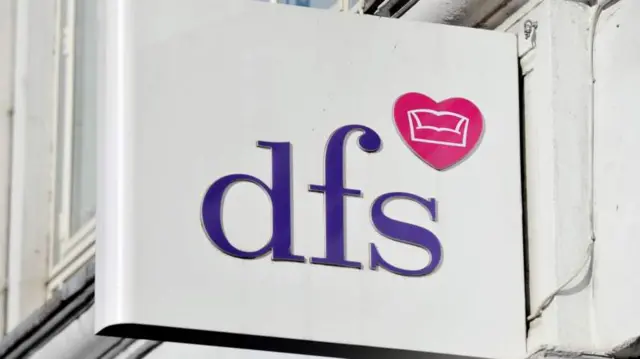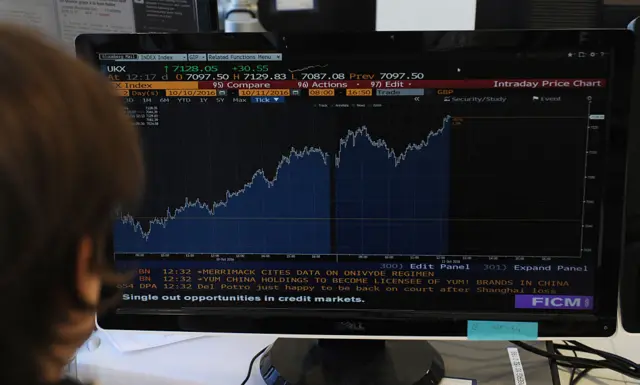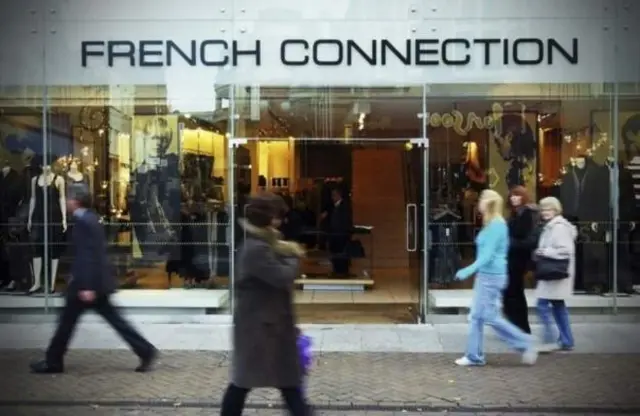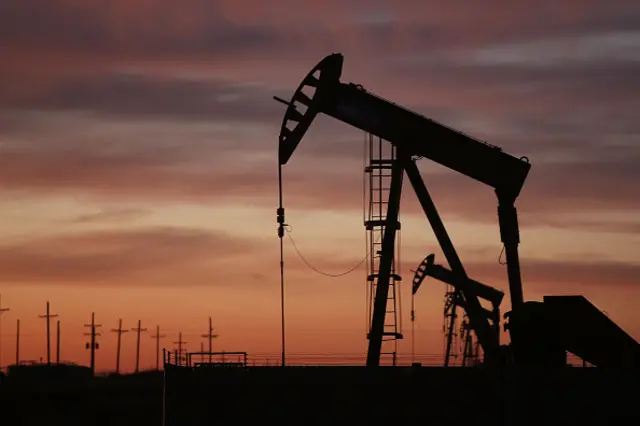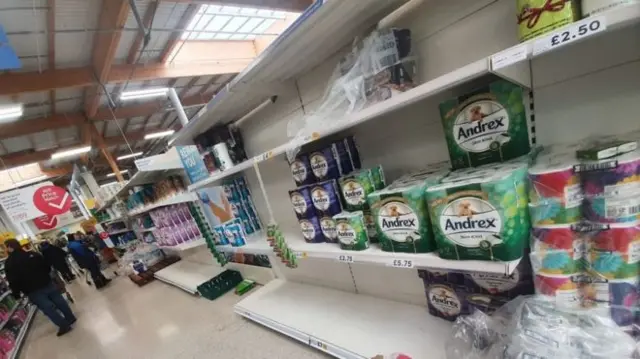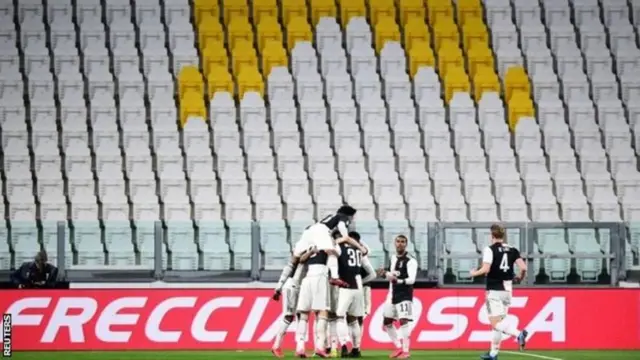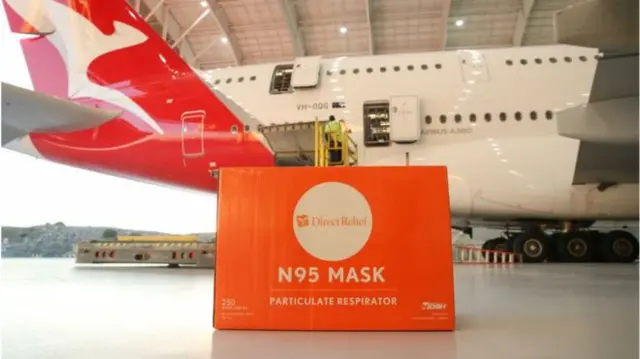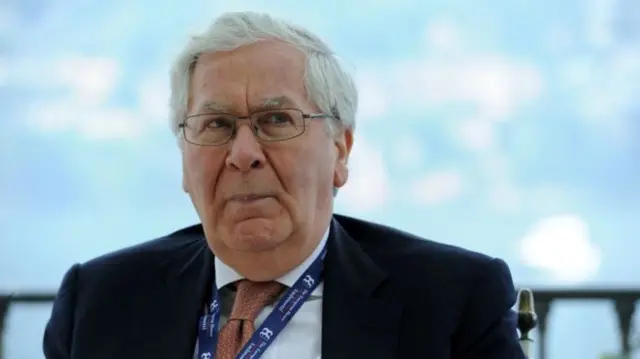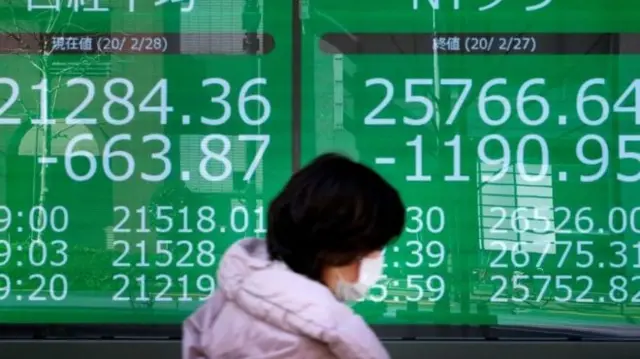Economic impact of virus 'will be real' says Hammondpublished at 08:27 GMT 10 March 2020
 Today Programme
Today Programme
BBC Radio 4
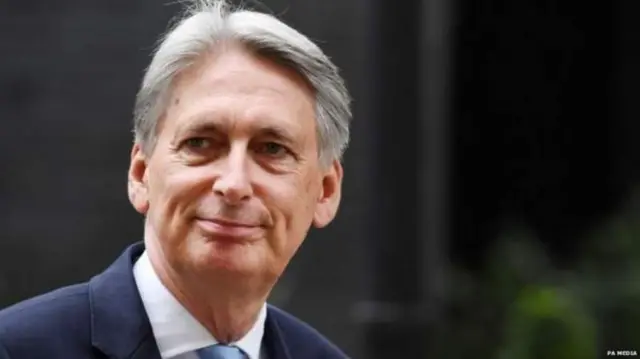 Image source, pa media
Image source, pa mediaWe're a day away from the Budget and after the biggest sell off on the financial markets since 2008 reduced the values of leading FTSE companies by more than £100bn after markets reacted to falling oil prices and the economic effects of coronavirus.
Former Chancellor Philip Hammond says the virus is "clearly a human tragedy that's playing out here, and it will affect hundreds of thousands of families across Britain and beyond, and we don't know... yet what the full extent of the epidemic is going to be.
"What we do know is that it will have an effect on the economy, because that's already starting to happen, and whatever the outcome epidemiologically, the economic impact will be real. The Chancellor will want to address that in his Budget speech tomorrow."
